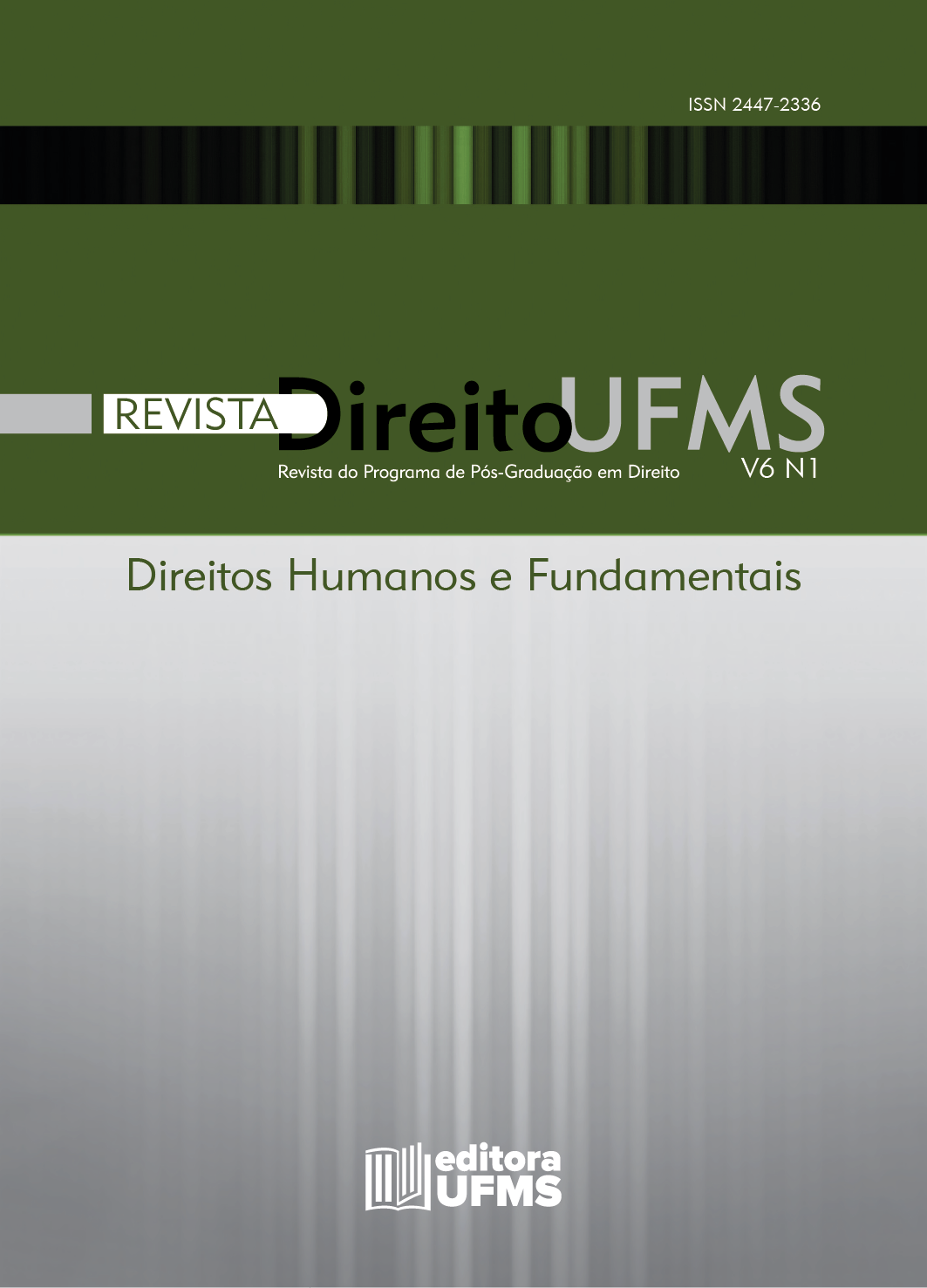ENVIRONMENTAL LICENSING:
Abstract
The National Environment Policy, established by Law No. 6938 of 1981, aims at environmental preservation in line with the economic and social development of the country, establishing, therefore, the appropriate guidelines and instruments. These include environmental impact assessment and environmental licensing of effective or potentially potentially polluting, which constitute a material link between the protection of the environment and economic interests through development. The conflict of interest in this context stimulates debate and accentuates the need for strong and efficient institutions capable of meeting the demand from the various sectors of society. Without exhausting the matter, this article aims to analyze the interaction between environmental protection and sustainable development based on constitutional precepts and the environmental licensing institute, also considering the reflections of such interaction in the legislative sphere and the prospects for reform of the instrument. Based on bibliographic and legislative research, it was concluded that, despite the need for reforms, the regulation of environmental licensing should not be guided by its flexibility, especially the tendency to use environmental protection as a bargaining chip in political and economic contexts. Moreover, we highlight the illegitimacy of the arguments directed to sustain a supposed antagonism between development and environmental protection.
I (we), below signed, transfer all the Copyright rights of the article entitled (title) to the UFMS LAW REVIEW – UFMSLR.
I (we) declare that the paper is original and that it is not being considered for the publication in another journal, be it in electronic or printed format.
I (we) have complete knowledge the journal reserves the right to effectuate alterations of normative, orthographic and grammatical order in the originals, with the objective to maintain the cult pattern of the language, respecting, however, the authors’ style and that the originals will not be returned to the authors.
















